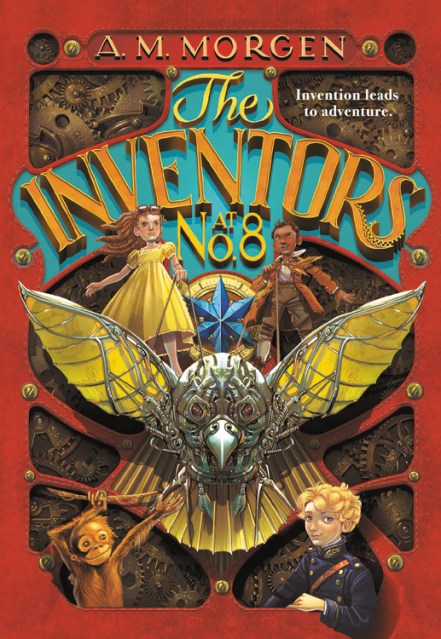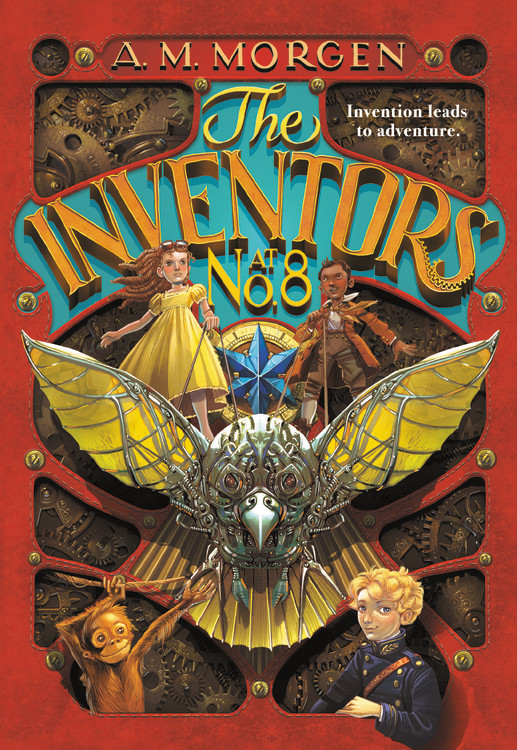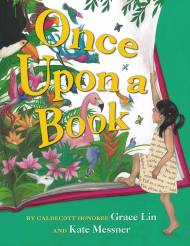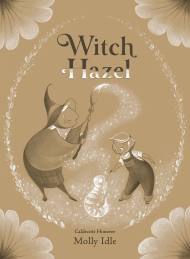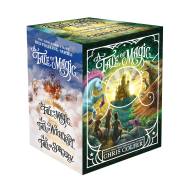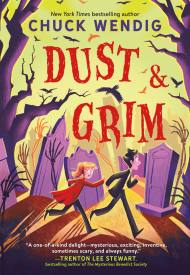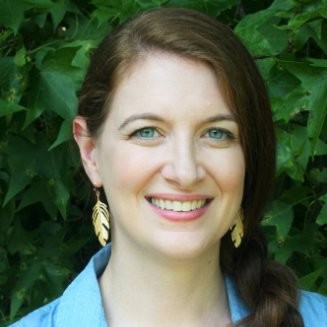By clicking “Accept,” you agree to the use of cookies and similar technologies on your device as set forth in our Cookie Policy and our Privacy Policy. Please note that certain cookies are essential for this website to function properly and do not require user consent to be deployed.
The Inventors at No. 8
Contributors
By A. M. Morgen
Formats and Prices
- On Sale
- Mar 5, 2019
- Page Count
- 368 pages
- Publisher
- Little, Brown Books for Young Readers
- ISBN-13
- 9780316471510
Price
$16.99Price
$22.99 CADFormat
Format:
- Trade Paperback $16.99 $22.99 CAD
- ebook $7.99 $9.99 CAD
- Audiobook Download (Unabridged)
This item is a preorder. Your payment method will be charged immediately, and the product is expected to ship on or around March 5, 2019. This date is subject to change due to shipping delays beyond our control.
Buy from Other Retailers:
Meet George, the third Lord of Devonshire and the unluckiest boy in London. Why is George so unlucky? First, he’s an orphan. Second, unless he sells everything, he’s about to lose his house. So when his family’s last heirloom, a priceless map to the Star of Victory (a unique gem said to bring its owner success in any battle) is stolen by a nefarious group of criminals, George knows that there is no one less lucky–or more alone–than he is.
That is until Ada Byron, the future Countess of Lovelace, bursts into his life. She promises to help George recover his family legacy, and is determined to find her own father along the way–all in a flying machine she built herself. Joined by a mischievous orangutan and the long-lost son of an infamous pirate, Ada and George take off on a cross-continent journey through the skies that will change their lives, and perhaps the world, forever.
-
Praise for The Inventors at No. 8:"The breathless plot is jam-packed with roguish thieves, tantalizing clues, and mild intrigue, and the narrative is filled with wry humor and kindness as George gradually gives up his self-centered sense of doom. A pleasing adventure."Kirkus Reviews
-
"Hidden motives and eccentric characters abound in this rollicking adventure."WSJ
-
"Electrifying, whimsical, and wry, The Inventors at No. 8 is an unmissable adventure for all the future inventresses in your life!"Sam Maggs, author of Wonder Women and The Fangirl's Guide to the Galaxy
-
"This raucous adventure keeps a frenetic pace...A great inclusion in STEM-focused fiction collections."School Library Journal
-
"Morgen pulls off some handy misdirection in her fast-paced debut, and the combination of comical antics, miraculous machines, and a historical setting adds to the appeal."Booklist
-
"This adventure story is full of inventions, suspense, and mayhem. Ada Byron is a great role model for girls...The novel focuses on the theme of family and friendship while emphasizing that family is not always related by blood. This is a great debut novel by Morgen."School Library Connection
-
"This jolly romp has plenty of twists and turns, with anchoring themes of family, friendship, and learning to fight for what you love."The Cleveland Plain Dealer
-
"Plenty of hijinks...to please middle-grade adventure readers and lure them back for a second volume."BCCB
Newsletter Signup
By clicking ‘Sign Up,’ I acknowledge that I have read and agree to Hachette Book Group’s Privacy Policy and Terms of Use
